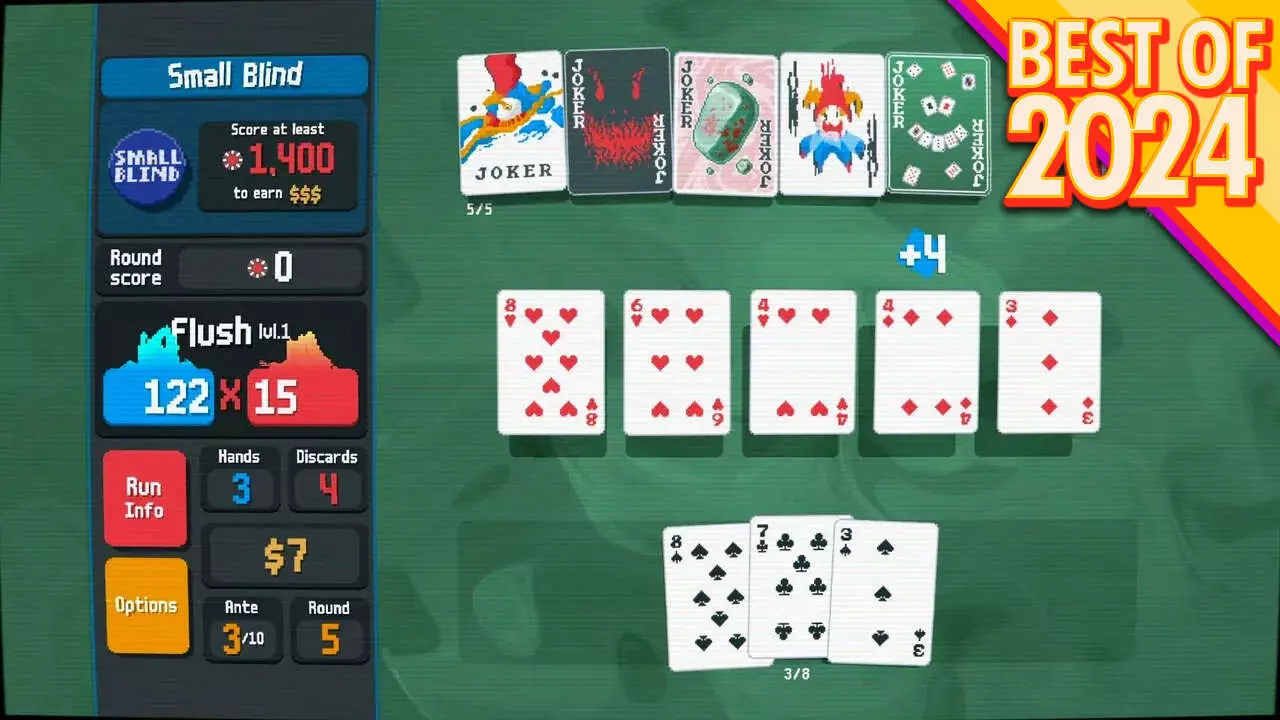In recent months, a wave of enthusiasm for card games has swept through social circles in ways not seen in years. What may have once been a solitary pastime has transformed into a communal experience, where friends gather to swap cards or engage in friendly competitions. The phenomenon has taken many by surprise, as empty afternoons once filled with digital distractions are now brimming with the lively chatter of group game sessions. This newfound passion can be traced back to several factors—simplicity in gameplay, nostalgia for childhood experiences, and a deep-seated desire for social connections in an increasingly digital world.
The charming aspect of card games is their inherent accessibility. Titles like Pokémon TCG Pocket epitomize ease of entry, allowing players to dive straight into the action without getting bogged down in convoluted mechanics. The appeal lies not just in the cards themselves but in the thrill of collecting—each booster pack represents potential, a sealed opportunity to discover rare or holographic cards. This mechanism fuels a sense of excitement and anticipation, further enhancing the appeal for habitual collectors and casual players alike.
The appeal of simplicity is a common thread among most card games flourishing today. Many enthusiasts, myself included, have grown weary of overly complex gaming experiences that require extensive time investments and convoluted rules. In contrast, card games like Balatro deliver quick and satisfying gameplay with a gameplay loop that prioritizes enjoyment over mastery. Built on the foundations of well-known games, it marries classic Solitaire with Poker dynamics, creating an experience that caters to both seasoned players and curious newcomers.
This return to nostalgia plays a significant role as well. Many of us found ourselves entrenched in card games during formative stages of our lives, whether through trading card games like Yu-Gi-Oh or casual games played during school lunches. The familiarity of such games evokes warm memories, creating a bridge between our past and present. As adults seeking connections, it’s no wonder we’ve gravitated back to this shared experience, reliving the joy of friendly competition and camaraderie that often transcends the digital divide.
One cannot discuss the revival of card games without acknowledging their powerful social aspect. The allure of gathering around a table, discussing strategies, and sharing the euphoria of rare pulls fosters a sense of community like few other gaming experiences can. This transformation is particularly evident in the rising trend of Magic: The Gathering, where players convene regularly to engage in rigorous matches and social gatherings.
In a world largely isolated by digital interfaces, these in-person interactions become vital. They create spaces where friendships can flourish, rituals can develop, and shared experiences can build lasting bonds. Many players find joy in the collective thrill of discovering new cards or crafting innovative strategies, giving rise to a culture of exchange and collaboration that fuels enthusiasm.
The beauty of card games is their versatility. With diverse mechanics and themes available, players can explore a broad spectrum of experiences. From the fantasy realm of Magic: The Gathering to the strategic depth of Gwent, the landscape of card games is rich and varied. This ensures that players can always find something that resonates with them—or take the plunge into unfamiliar territory for a fresh challenge.
Looking towards the future, it’s clear that this trend is only beginning. Players expect exciting expansions and innovative mechanics, a sentiment echoed by announcements like Riot Games venturing into trading cards based on their successful League of Legends universe. The anticipated release of Slay the Spire 2 showcases how popular mechanics can be transformed into thrilling new experiences, indicating that the card gaming renaissance is poised for a vibrant continuation.
The surge in popularity of card games reveals our inherent desire for connection in an increasingly fragmented digital world. As people increasingly seek opportunities to gather and engage, these games serve as the perfect medium to foster community spirit. Whether through casual play or competitive tournaments, card games bridge gaps, create lasting memories, and reignite the thrill of youthful pastimes. As we examine this resurgence, it’s evident that not only are card games here to stay, but they may very well redefine modern gaming culture in the years to come. The future looks bright for card enthusiasts, and the table is set for social gatherings filled with laughter, competition, and joy.

